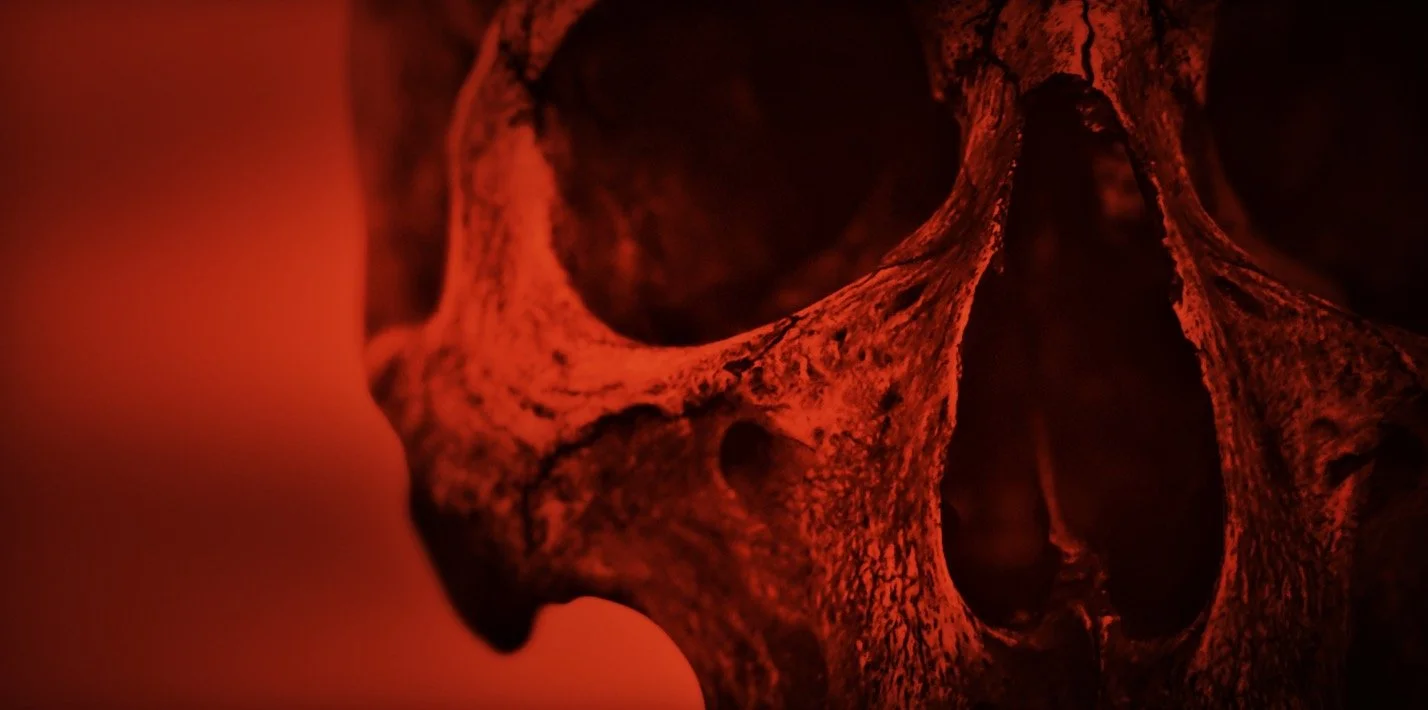
GoÊteia
Frater Acher’s home of Chthonic sorcery
Welcome to Goêteia
Goêteia.com is a virtual hearth, where I have reserved a space for you. Here I lay out foods and potions born of my goêtic work. I hope they serve you well; some may be hard to digest or poisonous. Yet, all are shared as freely accessible offerings to our occult community. Eat and drink of whatever suits you, at your own risk.
In the about section you find a little about me, my published books and free articles. In materia you’ll discover an abundance of free texts and further references. The myth tab traces the history of goêteia, while skills section offers a first orientation for those who wonder what the practice demands. My personal blog records my ongoing work with the spirits. At the bottom of this page you can subscribe to my newsletter.
And if you are still unsure what goêteia truly is — begin with the goêteia tab.
Below you will find a fuller overview of the resources gathered here. May it serve you well on the crooked path. Here is to living with the spirits.
goêteia.com at a glance
-
An introductory exploration of the etymology and cultural background of the ancient animistic spirit-practice known as goêteia. This essay offers a practitioner’s insider perspective, seeking to convey an immediate, sensory sense of what the practice entails.
-
A concise survey of the essential capabilities required on the human side for the practice of chthonic sorcery. The sharp outline of these skills is intended to delineate this practice from other magical currents and paths, where approach and practices can differ radically.
-
A substantial historical essay that traces the origins and early development of the Goêtic craft. First published in my book Clavis Goêtica, it unfolds across six detailed chapters, offering both orientation and in-depth factual insight.
-
No study is complete without a reading list. Alongside inspiration from practice, we need orientation and counter-perspectives drawn from the experiences of others. Here you’ll find a curated selection of primary sources on Goêtic magic, with a focus on substantial, freely accessible essays, articles, and podcasts. This archive continues to grow.
-
In a sense, this is the display window of my magical workshop — a place for shorter texts that have left the forge. Though blogs may be out of fashion, I remain committed to this medium, offering practical reflections and insights freely to the community, independent of social media.
-
The most recent addition to this site, offering a brief overview of my own magical background, together with an introduction to my published books and a selection of longer, freely accessible articles. It serves as a point of orientation for those who wish to understand the context of my work.

